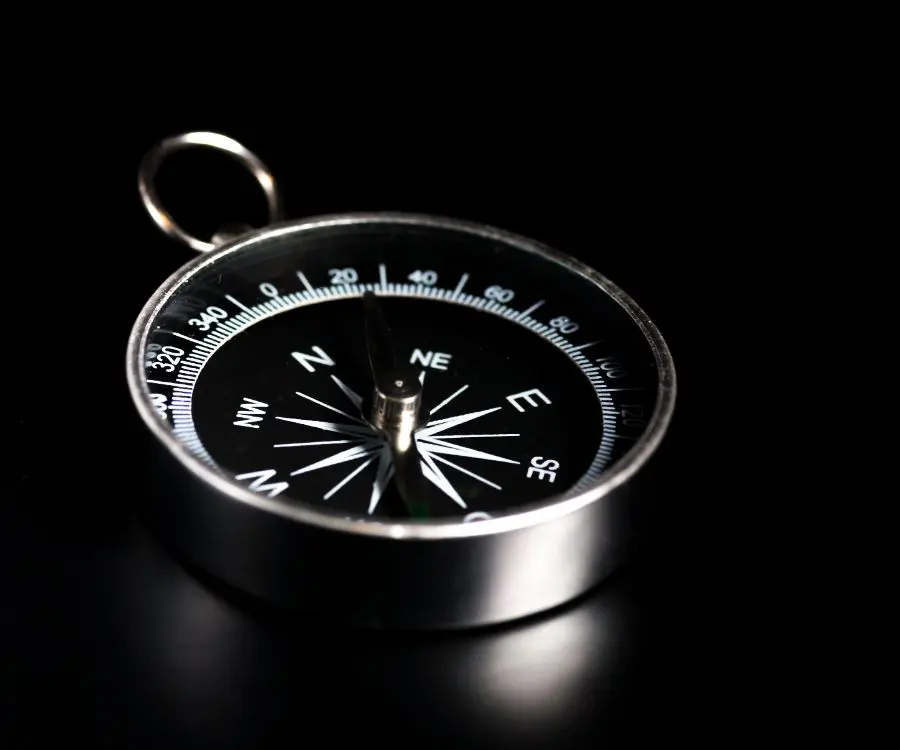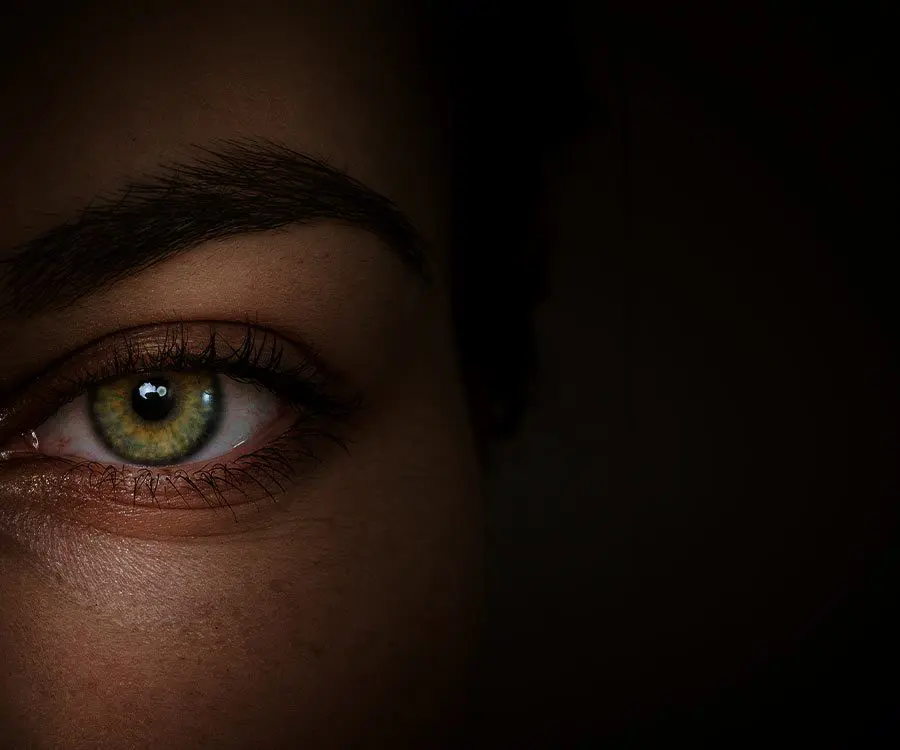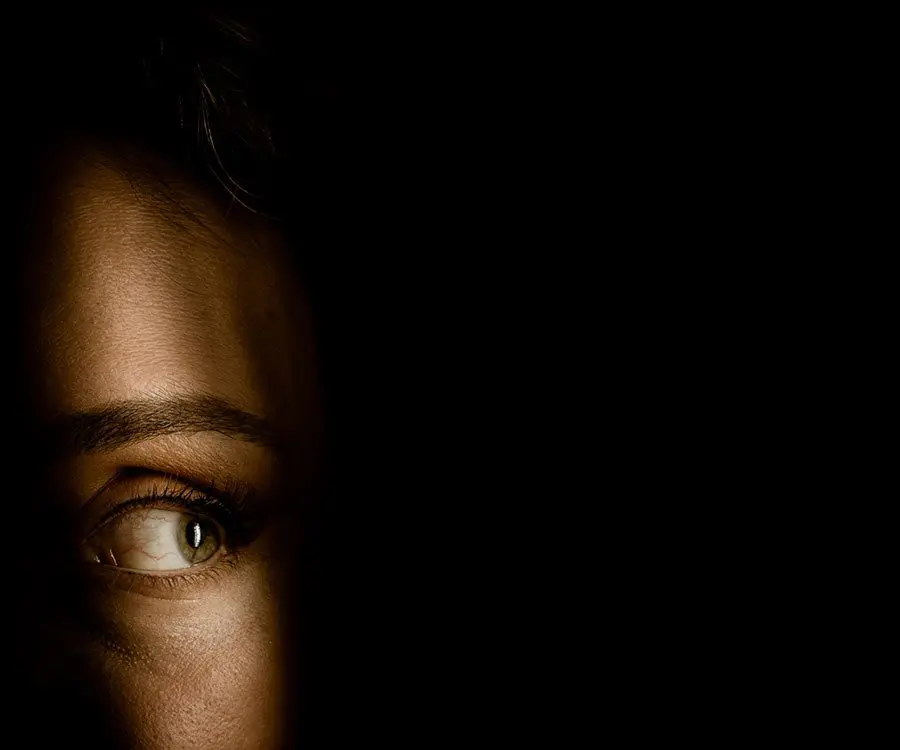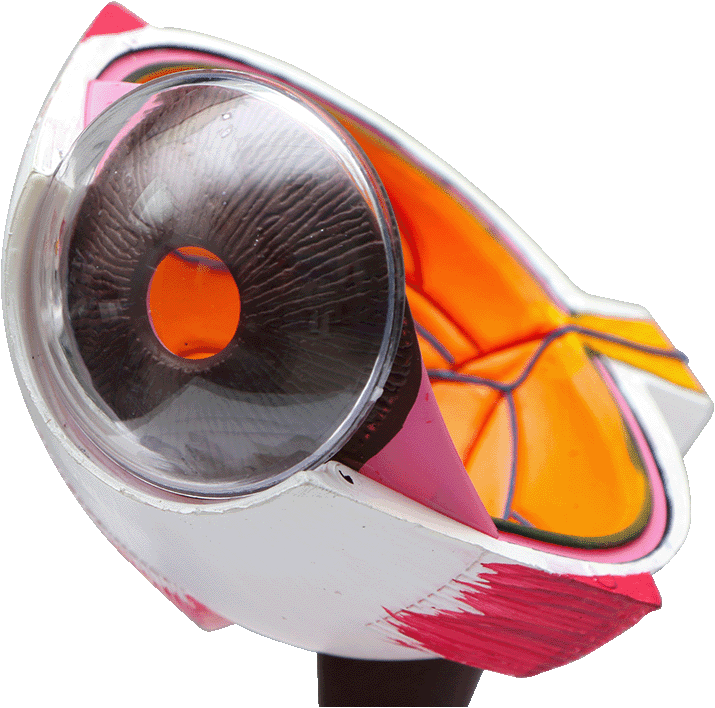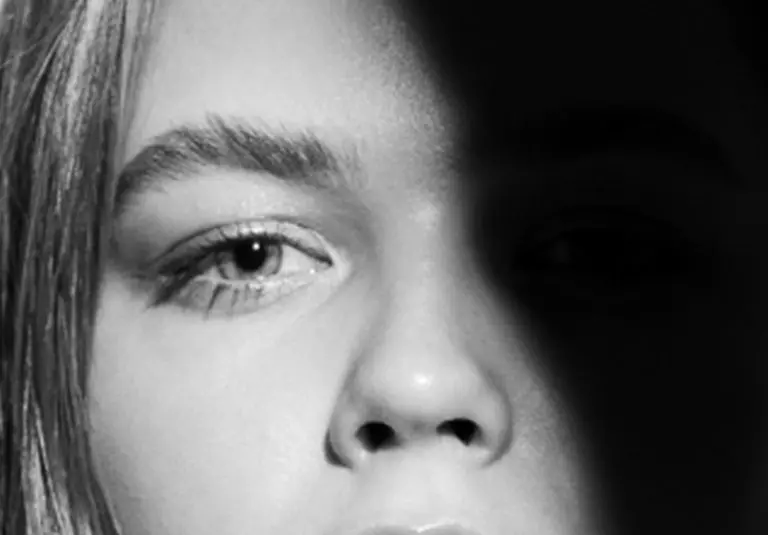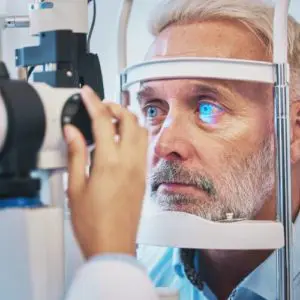 Presbyopia is a condition that occurs with age when your eyes lose their ability to focus on nearby objects. It is very common and unfortunately cannot be prevented.
Presbyopia is a condition that occurs with age when your eyes lose their ability to focus on nearby objects. It is very common and unfortunately cannot be prevented.
However, there are things you can do to correct presbyopia and improve your vision. Patients may opt to alleviate symptoms with glasses or contact lenses, but a more permanent solution is presbyopia surgery.
If you think you may be suffering from presbyopia, an ophthalmologist can help. Even if you have perfect distance vision, you may still have presbyopia if you have difficulties focusing on things close up.
Read on to find out more about what causes presbyopia, which symptoms to look out for and how this condition can be treated.
You can also contact us to book a consultation with an ophthalmic surgeon to discuss your suitability for presbyopia treatment.
What is Presbyopia and What Causes it?
We’ve explained that presbyopia is a condition in which it’s hard to focus on close-up objects. But to be more specific, presbyopia is a refractive error that occurs with age and will eventually affect everyone as they age.
It’s when the lens beneath the iris – the crystalline lens – loses elasticity, inhibiting its ability to refract light into the retina. As a result, the eye is unable to focus at normal reading distance in the same way it did when we were younger.
The cause of presbyopia is the hardening of your eye’s lens as a result of ageing. It cannot be prevented but your vision can be corrected with contact lenses, glasses or surgery.
Spotting Presbyopia Symptoms
Presbyopia is most likely to develop once you reach your 40s and can continue to worsen into your 60s. It is not to be confused with hyperopia (farsightedness) and myopia (nearsightedness).
Some of the first signs to look out for include difficulties with reading at normal reading distance, trouble focusing on the TV or issues when performing other close-up tasks such as threading a needle due to blurred vision.
You might also notice an increase in headaches or the development of eye strain and fatigue. These symptoms are usually due to more effort needed to focus.
Some people with the condition also develop blurry vision, double vision, or ghosting, especially in low-light environments.
If you are finding it difficult to perform daily tasks that require both near and far vision, such as cooking or driving, you should seek advice from a medical professional.
Your Options for Correcting Presbyopia
Glasses
If your distance vision is unaffected, you might be happy to use glasses to correct your reading vision if this is the main problem resulting from your presbyopia.
Contact Lenses
Multifocal contact lenses are also an option. They can help you to focus on objects that are close and farther away.
Presbyopia Surgery
Laser eye surgery is an effective, permanent solution for correcting vision problems arising from presbyopia. Photorefractive Keratectomy or LASIK surgery is often used to enable your eyes to focus clearly. The laser works by reshaping your cornea to change the way light is bent into your eyes, to improve your close-up vision.
When to Seek Professional Help
Presbyopia is really common and there’s no need to worry too much; it’s a natural occurrence that happens with age and affects everyone at some point.
However, if you are finding the symptoms difficult to live with or experiencing eye pain, double vision or blurry close-up vision, you should seek professional help.
An optician or ophthalmic specialist will be able to diagnose presbyopia and guide you towards the right treatment. Delaying treatment could impact your overall health or lead to other vision problems.


